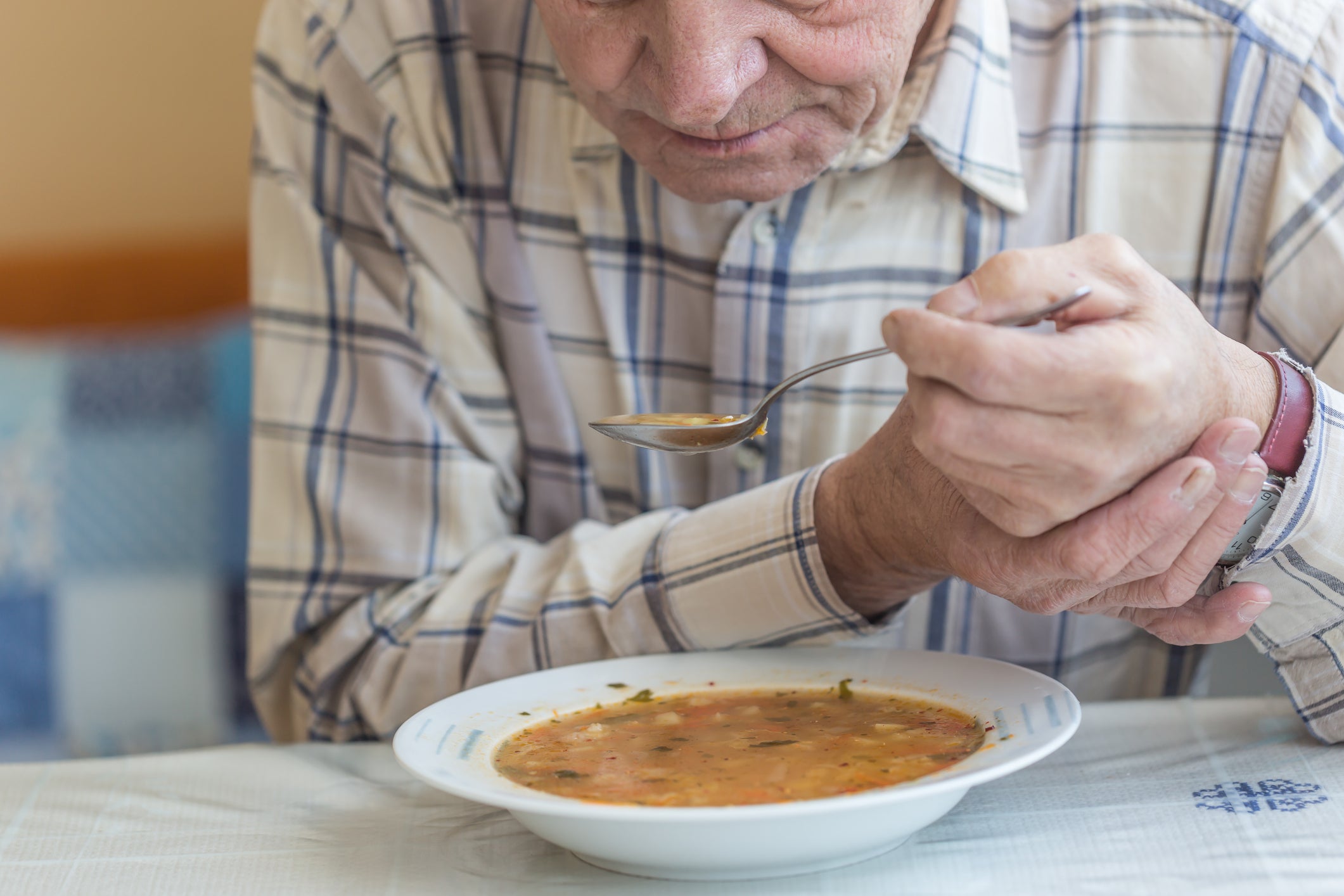Symptoms of Parkinson’s disease ‘reversed by brain implant’, trial suggests
Trial will now be expanded to twenty-five patients

Your support helps us to tell the story
From reproductive rights to climate change to Big Tech, The Independent is on the ground when the story is developing. Whether it's investigating the financials of Elon Musk's pro-Trump PAC or producing our latest documentary, 'The A Word', which shines a light on the American women fighting for reproductive rights, we know how important it is to parse out the facts from the messaging.
At such a critical moment in US history, we need reporters on the ground. Your donation allows us to keep sending journalists to speak to both sides of the story.
The Independent is trusted by Americans across the entire political spectrum. And unlike many other quality news outlets, we choose not to lock Americans out of our reporting and analysis with paywalls. We believe quality journalism should be available to everyone, paid for by those who can afford it.
Your support makes all the difference.Surgeons have succeeded in implanting a device into a brain to reverse the symptoms of Parkinson’s disease in a ground-breaking procedure.
Southmead hospital in Bristol is believed to the first in the world to carry out the surgery. Doctors used a tiny deep brain stimulation device to override the brain-cell firing patterns caused by Parkinson’s disease.
Tony Howells, who had the operation in 2019, was the first person to receive the treatment, which involved implanting a small device into his skull. He was treated as part of a trial, which will now be expanded to twenty-five patients.
Mr Howells told the BBC: “Before the operation I went for a walk on Boxing Day with my wife and I got 200 yards (182m) from the actual car.
“I had to turn around and go back because I just couldn’t walk.
“Then after the operation, which was 12 months later, I went on Boxing Day again and we went for 2.5 miles and we could’ve went further.
“It was amazing.”
He described the symptoms of Parkinson’s, saying: “You can’t understand how frustrating it is until it happens to you.”
“Just doing your shoelaces up is a major operation... it affects your everyday life no end,” he added.
Current surgery for the disease involves implanting a battery, like a pacemaker, into the chest or stomach area. That battery is then connected to wires that run up to the brain.
The new device that was implanted into Mr Howells is the smallest ever created. It involves a tiny battery system being implanted into the skull.
Southmead Hospital neurologist Dr Alan Whone said that the trial could one day benefit the 140,000 people living with Parkinson’s in the UK.
He added that the procedure would be more suitable for younger people with Parkinson’s.
Join our commenting forum
Join thought-provoking conversations, follow other Independent readers and see their replies
Comments